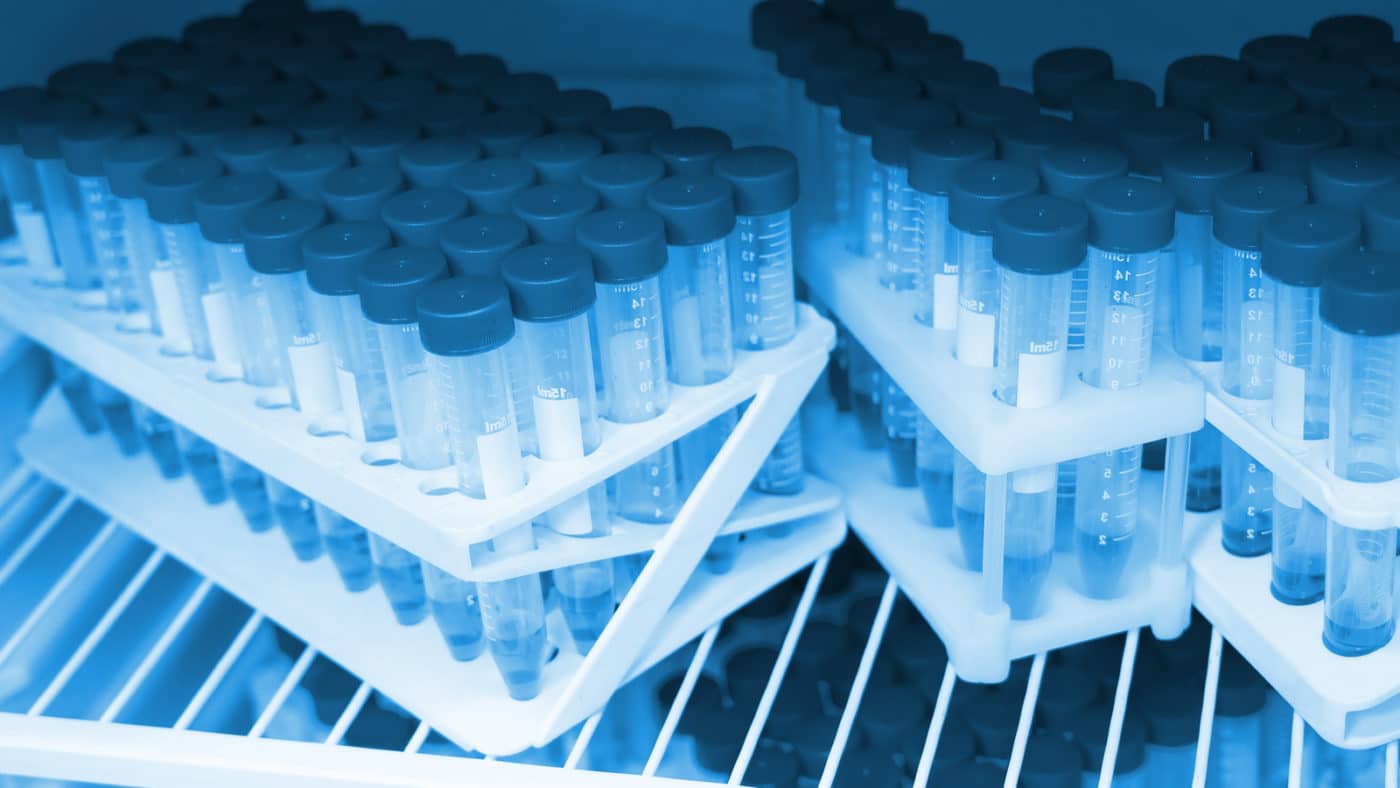No products in the cart.
New Laboratory Equipment, Cold Storage
A 101 Guide to Buying a Laboratory Refrigerator
Introduction
Looking for a laboratory refrigerator? You’re not alone. Cold storage is essential for most labs. From storing testing samples to lab chemicals, laboratory refrigerators have an essential role to play. The wrong kind of refrigerator can result in spoiled substances and huge financial losses.
A high risk.
This article will eliminate the guesswork and highlight exactly what you need to consider when purchasing a laboratory refrigerator.
Start with Features
First, examine the features of each potential laboratory refrigerator. Ask yourself what would work best for your daily needs. Not sure where to start? Consider the features below:
- Temperature Control – Investigate the temperature control mechanism in each prospective unit. Laboratory refrigerators normally come with a microprocessor temperature control system. Microprocessors are highly preferred over other options because of their uniform temperature regulation and precise digital control.
- Size – What space do you have available? If your setting is cramped, consider an undercounter or countertop design. If you have a large facility and need vast amounts of storage, consider spacious, multi-door designs.
- Shelving and Storage – Open each prospective refrigerator and look at the shelving and storage space inside. Considering your application will help you determine what internal storage layout best suits your needs.
- Locks and Alarms – Check for a security system or keyed door locks. These measures prevent unauthorized personnel from accessing the refrigerator and its contents. In addition, check to see if the refrigerator has integrated temperature alarms. These alarms alert you when temperatures rise or fall outside programed settings. A great safeguard.
- Air Circulation – Investigate the unit’s air circulation system. Forced draft air circulation is recommended for its effective circulation of cool air, ensuring uniform cooling throughout. This helps prevent uneven temperature pockets that could damage stored contents. A forced draft air circulation system also prevents large temperature swings every time the door is opened.
- Application – Consider your application and what substances your refrigerator will store. Do you store lab cultures? Chemicals? Samples? Different materials have different required temperature ranges that must be maintained for proper storage. Thermal probes in glycol bottles are provided within certain units to keep track of the internal temperature fluctuations.
- Price – When making any purchase, consider your budget. The pricing of laboratory refrigerators is influenced by many factors including size, temperature control systems, certifications, and more. Look for a unit that contains your desired features but is not excessive in additions you don’t need. This should lead you to a refrigerator and a price point that you’re happy with.
Choose Safety and Professionalism
Safety in laboratory refrigeration is key. If your lab stores flammable or volatile substances, it is vital to purchase cold storage units made specifically for these substances. Once safety is established, consider your professional image. Dorm and household refrigerators are often unreliable and unprofessional. So take care to choose a unit that safeguards your facility and supports your professional image.
Conclusion
By now you should have a solid foundation on what to look for when buying a laboratory refrigerator. So take these principles with you in your quest.
GMI supplies premium laboratory refrigeration for ultimate accuracy and untouched efficiency.


